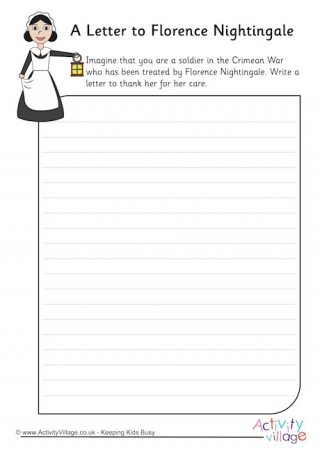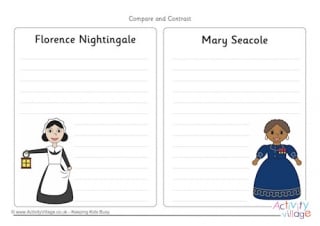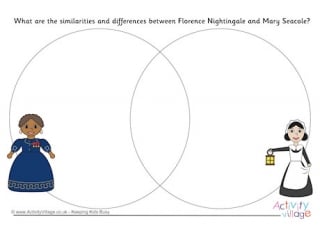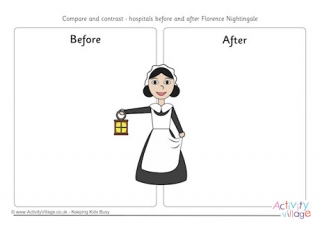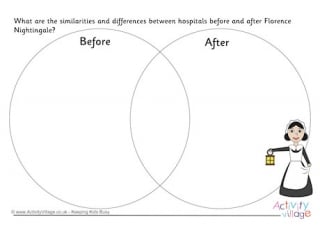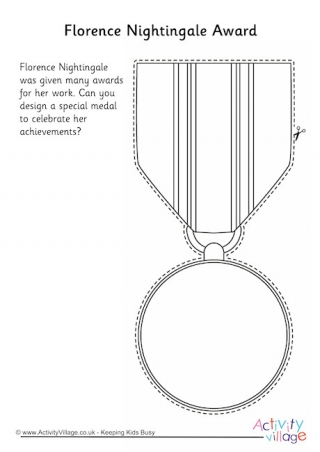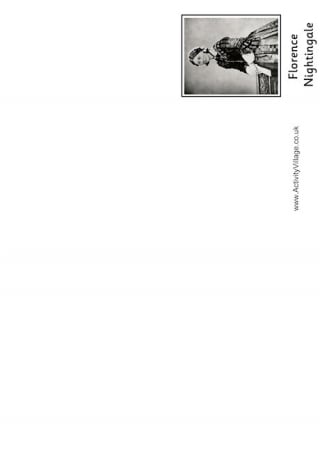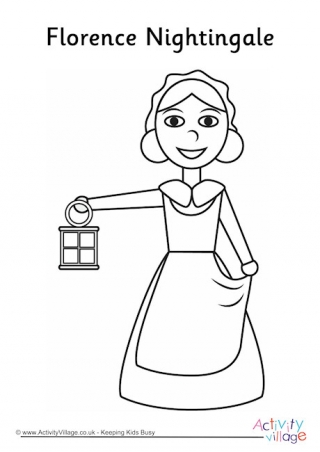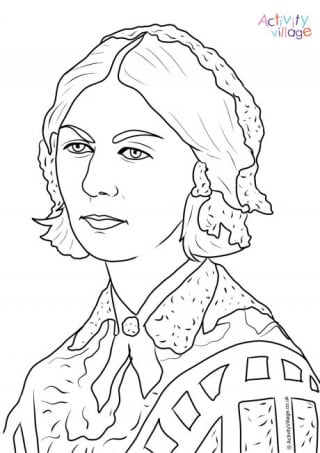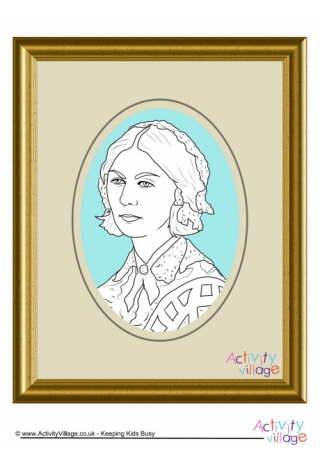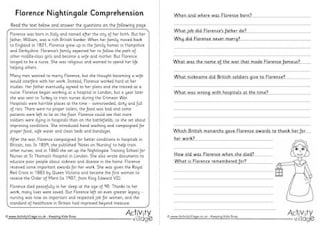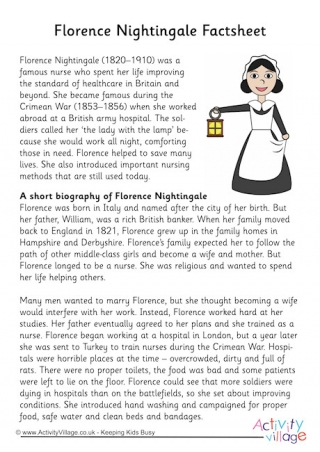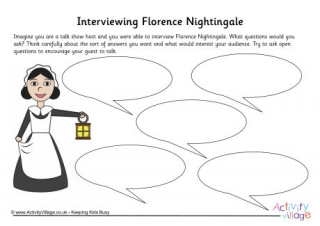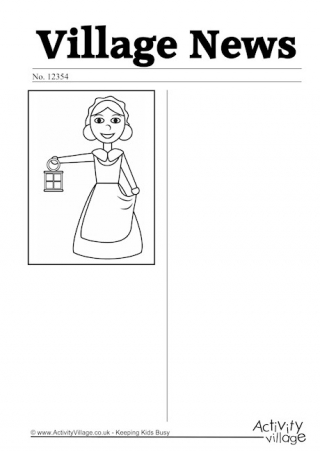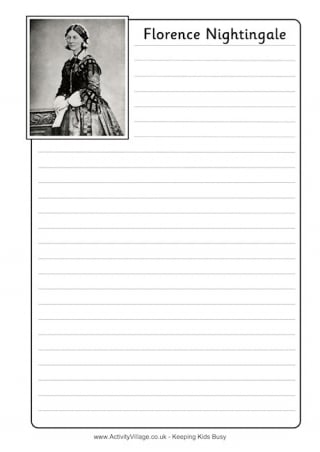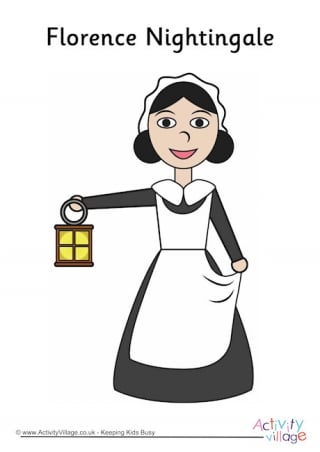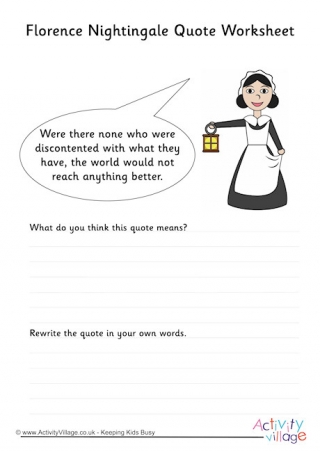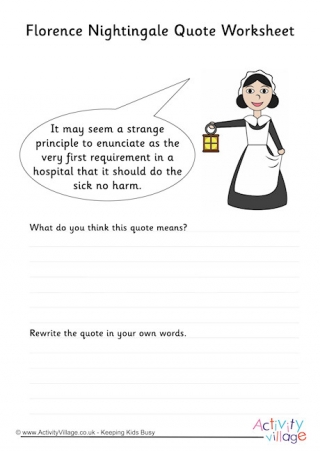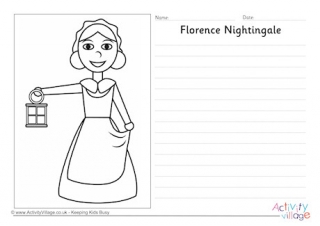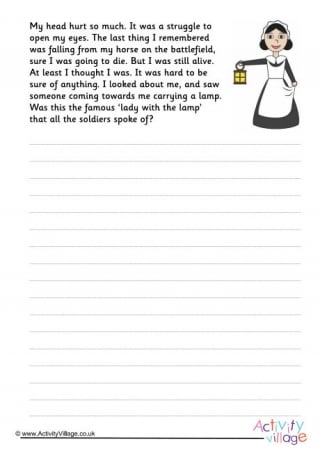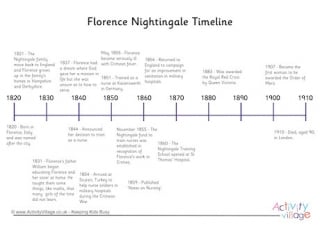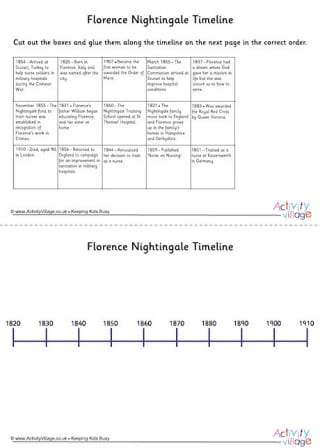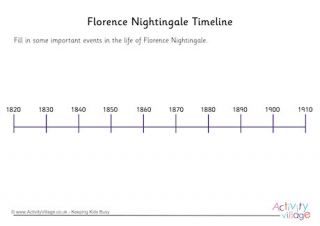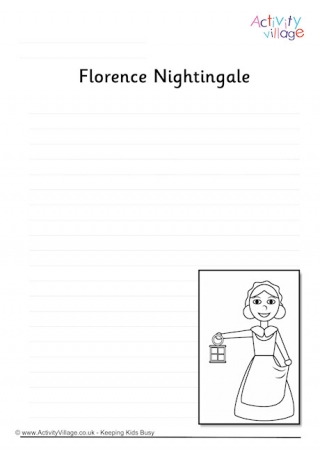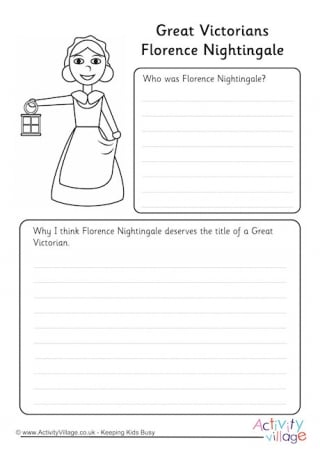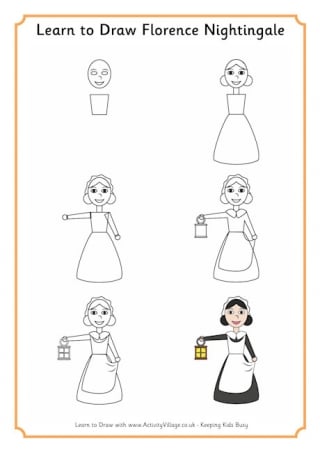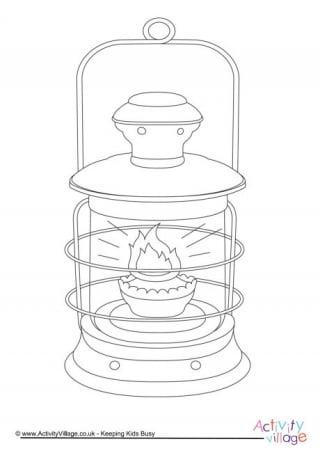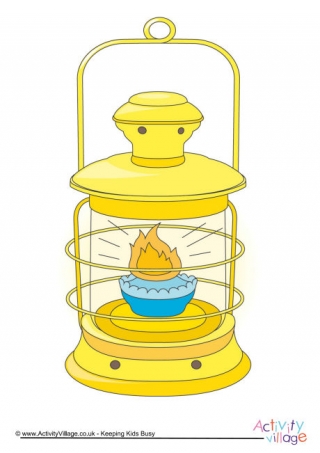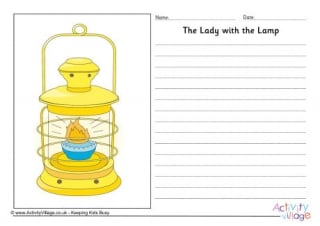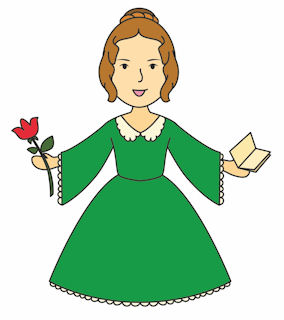Florence Nightingale (1820–1910) was a famous nurse who spent her life improving the standard of healthcare in Britain and beyond. She became famous during the Crimean War (1853–1856) when she worked abroad at a British army hospital. The soldiers called her ‘the lady with the lamp’ because she would work all night, comforting those in need. Florence helped to save many lives. She also introduced important nursing methods that are still used today. Find out more about this remarkable woman and use our collection of printable activities below to test your knowledge!
Florence Nightingale was born on 12th May, which is why that day was picked for International Nurses Day! It's a great excuse to learn a little about this most famous of nurses, and choose from some of activities below.
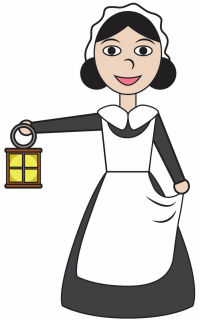
Fun Facts
Florence and her older sister Parthenope were taught at home by a governess and also by their father. The girls were clever and could speak many languages. Florence was good at maths, too. She was one of the first people to use graphs like pie charts, to share her knowledge with others. Although Florence never married, her sister Parthenope married Sir Harry Verney, a soldier and politician. Sir Harry had proposed to Florence first, but she refused him!
“The very first requirement in a hospital is that it should do the sick no harm.”
Florence Nightingale
A Short Biography of Florence Nightingale
Florence was born in Italy and named after the city of her birth. But her father, William, was a rich British banker. When her family moved back to England in 1821, Florence grew up in the family homes in Hampshire and Derbyshire. Florence’s family expected her to follow the path of other middle-class girls and become a wife and mother. But Florence longed to be a nurse. She was religious and wanted to spend her life helping others.
Many men wanted to marry Florence, but she thought becoming a wife would interfere with her work. Instead, Florence worked hard at her studies. Her father eventually agreed to her plans and she trained as a nurse. Florence began working at a hospital in London, but a year later she was sent to Turkey to train nurses during the Crimean War. Hospitals were horrible places at the time – overcrowded, dirty and full of rats. There were no proper toilets, the food was bad and some patients were left to lie on the floor. Florence could see that more soldiers were dying in hospitals than on the battlefields, so she set about improving conditions. She introduced hand washing and campaigned for proper food, safe water and clean beds and bandages.
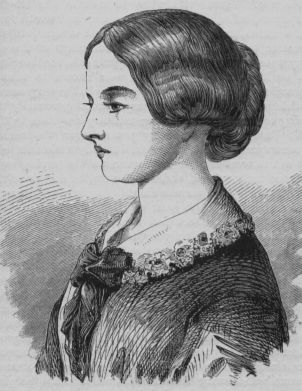
After the war, Florence campaigned for better conditions in hospitals in Britain, too. In 1859, she published ‘Notes on Nursing’ to help train other nurses, and in 1860 she set up the Nightingale Training School for Nurses at St Thomas’s Hospital in London. She also wrote documents to educate poor people about sickness and disease in the home. Florence received some important awards for her work. She was given the Royal Red Cross in 1883 by Queen Victoria and became the first woman to receive the Order of Merit (in 1907, from King Edward VII).
Florence died peacefully in her sleep at the age of 90. Thanks to her work, many lives were saved. But Florence left an even greater legacy: nursing was now an important and respected job for women, and the standard of healthcare in Britain had improved beyond measure.
Our Florence Nightingale Resources



